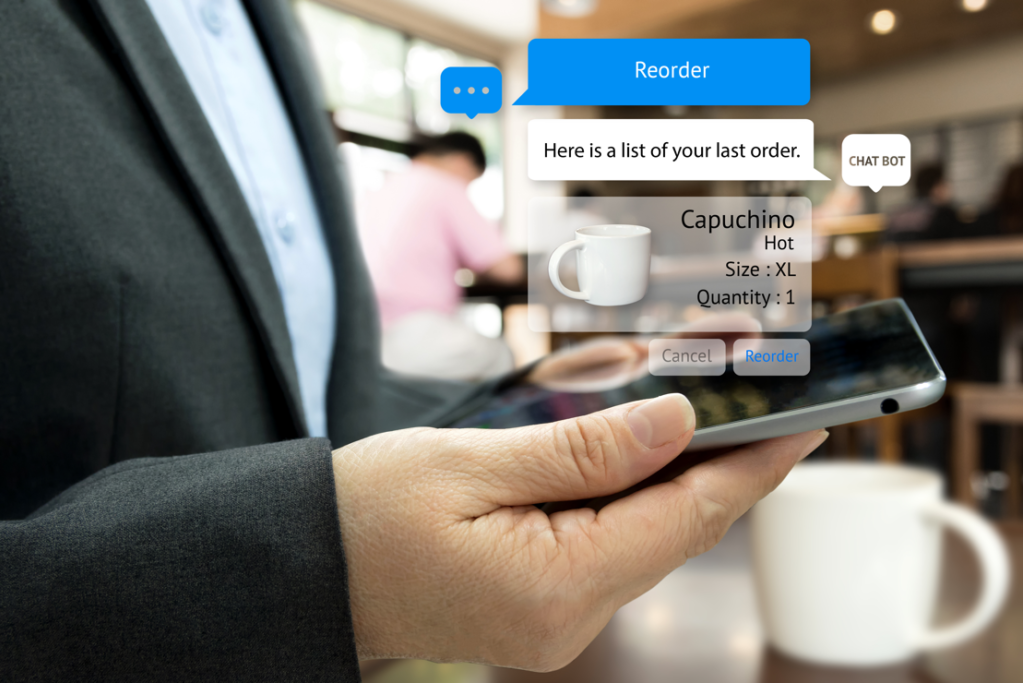By: Teresa Gong
Recently, uncensored and loosely-moderated chat bots have sparked debates about free speech. These chatbots, such as WizardLM-Uncensored, GPT4All, and FreedomGPT, have been developed by independent programmers or volunteer teams using existing language models. However, unlike companies like ChatGPT or Google, these AI are not closely moderated and do not have limits on what they may say.
“This is about ownership and control,” Eric Hartford, a developer behind WizardLM-Uncensored, wrote in a blog post. “If I ask my model a question, I want an answer, I do not want it arguing with me.”
While uncensored chatbots can offer the ability to operate without the oversight of big tech, they also raise concerns about the potential spread of misinformation, hate speech, and harmful content.
Some worry that these chatbots could generate descriptions of child pornography and hateful content and spread falsehoods. While large corporations have struggled with the need to protect their reputations and address such concerns, independent developers may not have the same resources or incentives to take on these issues.
“The concern is completely legitimate and clear: These chatbots can and will say anything if left to their own devices,” said Oren Etzioni, a professor emeritus at the University of Washington and former chief executive of the Allen Institute for A.I. “They’re not going to censor themselves. So now the question becomes, what is an appropriate solution in a society that prizes free speech?”
Advocates for uncensored AI argue that the ability to customize chatbots based on individual perspectives and interests is an ideal outcome. They believe that different political factions, interest groups, and demographic categories should have their own models. The open-source nature of many of these independent chatbots enables such customization.
The responsibility for addressing these issues is also debated. Some argue that platforms like Twitter and Facebook should take the lead in tackling manipulative content and misinformation, as they are the main channels through which it is distributed. Others believe that the creation of harmful content itself is a problem that should be addressed at its source.
In the end, the emergence of uncensored chatbots represents a complex challenge that requires careful consideration of ethical concerns, free speech principles, and the potential risks associated with unmoderated AI-generated content.











